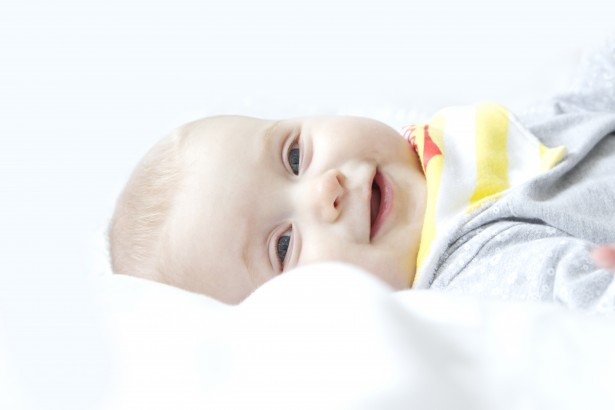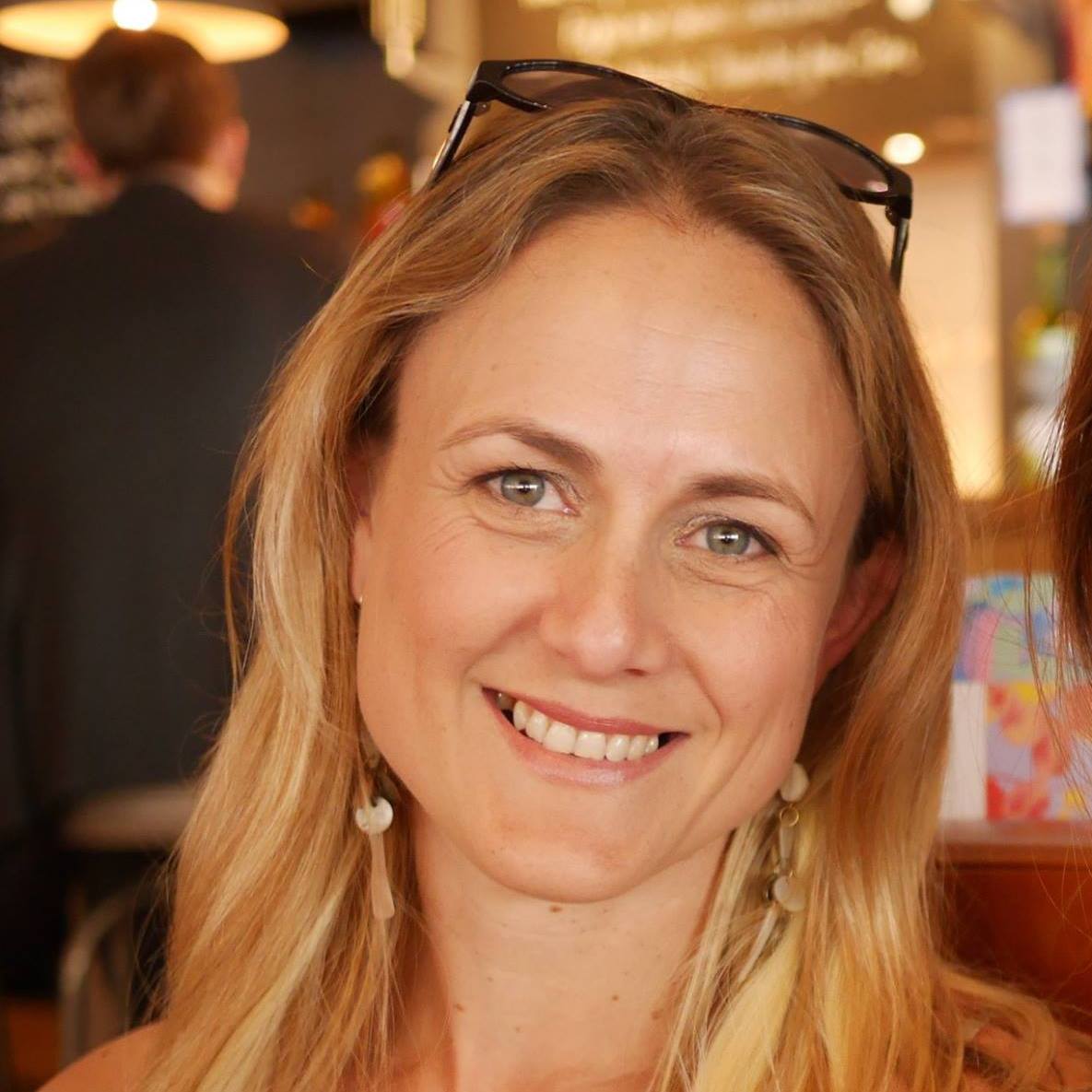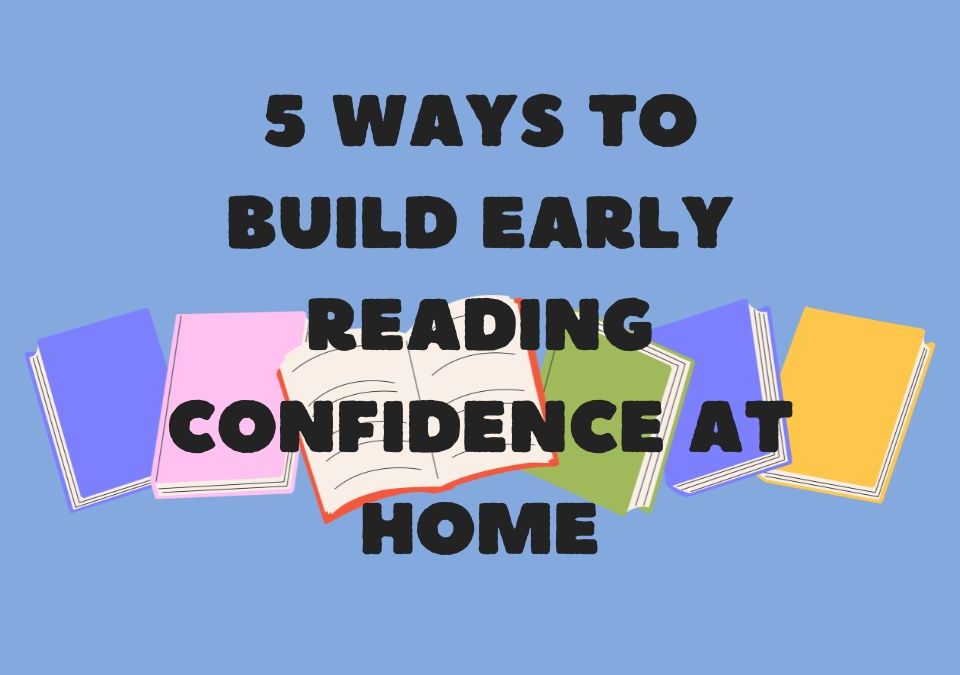
How To Teach Your Baby Sign Language

Twinkle Twinkle Little Star

Babies and toddlers learn to talk by listening. The more words they are exposed to, the quicker they learn to talk. Daily exposure to words helps the brain to develop. Now I don’t mean watching television or listening to the radio or other mediums. By exposure I mean, listening to a real person, one who is engaged with the child.
The actual size of a child’s vocabulary is directly linked to how much her carers talk to her. At the age of 20 months, children of chatty mothers average 131 more words than those of less chatty ones and by 2 years old the gap doubles to around 295 words.
Research also shows that not only does talking to your child affect their language ability, but also their overall intelligence. Parents who are chatters, generally use more descriptive language too resulting in greater language skills in their child. Even though you may surround your baby with conversation from birth, you must talk directly to her and by so doing build her understanding of language.
Language relies on contextual meaning as well as understanding the actual words. Help your child to better understand what you are saying through making use of body language, pictures, and actions. Teaching a child new words is made far more effective if they can see its relevance and hear it used in context.
Before your baby utters her first word, she must understand it. So repetition in context is key to building those links for her. Try repeating yourself and repeating what she says. This is called mirroring. Don’t correct your little one if she uses the word incorrectly, rather repeat what she has said correctly. For example, she might say: “nine, ten, beleven, twelve, etc ” you may feel tempted to correct her. BUT it is far more effective to say. “well done. Nine, ten, eleven, twelve!”

While your child is still very young, long before she enters school, you can do many things to help her develop language.
3 Tips to develop Language in babies and toddlers
Give your child opportunities to play.
The way children learn is through play. It is the most natural and instinctive way for them to explore, to develop their creativity, to learn to
engage in make-believe, makeup, and tell stories, and to develop social skills.
Active play also helps children learn to solve problems. If the toy has moving parts, the child will need to figure out what these parts do and how to use them. She will also need to solve problems when the toys she is using does not behave in the way she expects- the wheel gets stuck, something doesn’t fit likes she wanted it to, it falls over, or isn’t fit for the job.
When children stack up blocks into towers or buildings, they learn about colours- matching and sorting, numbers, geometry, shapes, and balance.
Playing with others helps children learn how to negotiate, to express themselves, and to listen to the thoughts and feelings of their peers. This is a valuable life skill.
Support and guide your child as she learns a new activity.
As a parent, you can help your child to learn how to do new things by “scaffolding,” or guiding their efforts. This means that you model or guide them in their efforts by making suggestions; “Why don’t you try it?” As the child becomes more able to complete the task unaided, take a step back gradually withdraw your support and allow them more freedom and control over it.
Talk to your child.
Talking to your newborn is as important as talking to a child. Your baby needs to hear your voice. Respond to your baby’s coos and babbles. Your child needs to know that when he makes a certain sound, that you will respond. You will smile and talk back to him. Talking to your baby often will ensure that he learns more and the more he learns, the more able he will be to talk as he gets older.
Simple daily activities provide countless opportunities to talk. Occasionally you can embellish and add detail, about what’s happening around him or to him. Chatting to your baby even while they are still babbling and not making any discernible words, helps them to understand tone, pick up new vocabulary, and increase understanding.
11 tips to develop language in your toddler
Now that the baby years are over, are you wondering if there are things you could be doing to boost your child’s language skills? Many reports warn of the increasing number of children who begin school with poor language skills and it is not uncommon for parents to worry about whether their child is lagging. During this time, there are many things you can be doing to encourage your little one to speak up!
Look into my eyes
Good communication is especially important during the toddler years. Your toddler will be better equipped to socialise effectively with others if he has the ability to express himself through words and gestures. To encourage your child to talk make sure that you make eye contact. When out and about, take the time to discuss what you see with your child. Stop, look into his eyes, and talk.
Celebrate
Encourage any attempts at speaking. Be patient and listen even if it takes him a while to get the whole sentence out. It takes toddlers longer to organise their thoughts into coherent speech than it does you.
Did you know: only 1 in 500 toddlers has severe difficulties with speech and language development
Name those Actions
Verbalise what you are doing. “Look, I’m picking up the toys.” If he gestures to his bottle say, ” Do you want a drink?” This will help model the desired language and your child will begin to realise the connection between what you are saying and the action he is making.
Listen to him
Your child needs to know you are listening when he speaks. Look interested and try to match his expression with yours.
Did you know: toddler girls generally process and use language more easily than boys. They also tend to start talking earlier.
Read, read and read some more
Watching you read and listening to stories will help increase their interest in language. Children often associate stories with special times with their parents. Remember that books are invaluable in helping your child to hear spoken language and the pictures help her to understand the meaning. My toddler often uses words she has heard in stories and because we read the same books over and over again, she can assimilate them more accurately into her own speech.
Chat all day long
Chat while you are together, even about the most mundane things. Toddlers learn from hearing the language spoken around them. It may seem boring to you, but your little one will love to hear you describe how you are making a cup of tea or their sandwich for lunchtime.
Patience is the key
Toddlers experiment with words, be patient, and rest assured that eventually, the correct word will appear. Don’t be tempted to correct them every time. Rather than correcting paraphrase what they have said and use the correct word.
Sing a song
Sing along to Cd’s or just on your own, join music and rhyming groups, and show him how much fun words are. He may not know all the words straight away and may even sing the incorrect words..but it is the enjoyment of singing the words that help him develop his speech.
Use your imagination
Discuss what he is doing while he plays. Ask him questions especially during imaginative play..ask him to describe what he is pretending to do or who he is pretending to be. Dig out the soft toys or puppets, give them names, and do their voices..your child will love to have conversations with them.
Watch Telly TOGETHER…yes really!!!
Don’t sit your toddler in front of the telly alone. Watch the programme together and talk about what is happening and when it is over, chat about what happened and what he can remember.
Use Baby Signing
Baby signing is a great way to help avoid the frustration a baby feels when he cannot make himself understood. Use signs for everyday actions and objects and watch how soon he’ll be able to tell you he wants milk without even saying a word. I have personally done this with my daughter and apart from being fun, I never had any tantrums caused by lack of understanding. Furthermore, I believe that her advanced level of speech as a three-year-old can be linked to the signing classes we attended whilst she was a baby.
If you are still concerned about your toddler’s speech, it may be worth seeking the advice of a speech therapist. Statistics suggest that 1 in 15 toddlers has mild difficulties with speech and language development, whilst only 1 in 500 have severe difficulties.
In the meantime: Be patient and enjoy watching, listening, and learning with your little one…and before you know it, you’ll be wishing for some quiet!

I am a preschool and primary school teacher and mum to 3 children. I have been involved in education since 1997 and have trained in a variety of educational specialist areas. It is with this expertise that I write articles to help parents and educators provide quality learning experiences for the children in their care.




